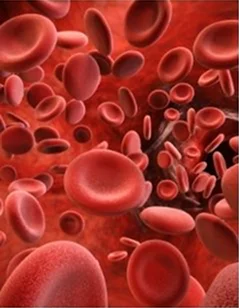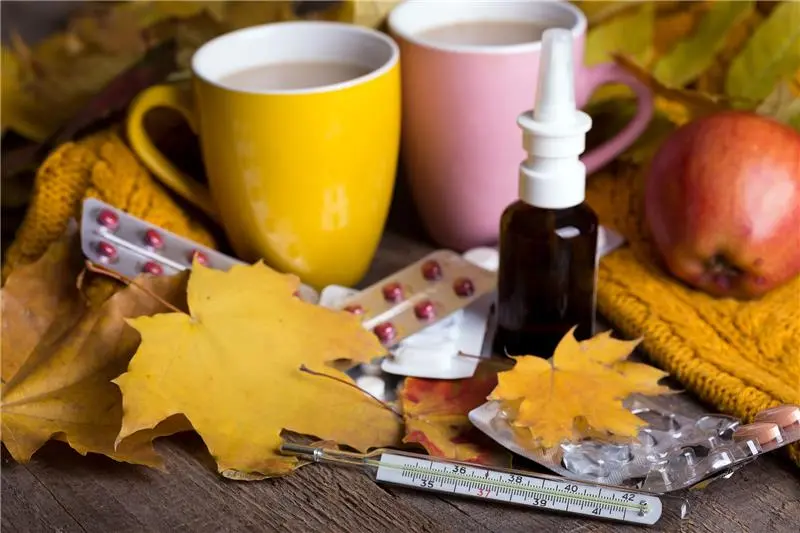Blood clots are a potentially fatal disorder that can form in a variety of locations throughout the body, including veins, the heart, and the lungs. While blood clots are a natural reaction to injury, they can also form on their own and cause major consequences. We'll go over all you need to know about blood clots in your veins, heart, and lungs in this post.
What Exactly are Blood Clots?
Blood clots form as blood thickens and solidifies within a blood vessel. They can occur as a result of injury, inflammation, or underlying medical disorders such as cancer or heart disease. When a blood clot forms, it can obstruct blood flow and cause major consequences such as organ damage or even death.
Also Read: The Benefits of Donating Blood
Blood Clot Varieties
Blood clots can form in numerous places of the body and are categorised according to where they occur. The following are the three most prevalent types of blood clots:
- Venous blood clots form in veins, which are blood vessels that transport deoxygenated blood back to the heart. Venous blood clots, which are most frequent in the legs, can cause pain, swelling, and redness. If left untreated, they may break free and move to the lungs, resulting in a pulmonary embolism.
- Arterial blood clots form in the arteries, which are blood channels that transport oxygenated blood from the heart to the rest of the body. Arterial blood clots can lead to heart attacks or strokes, both of which can result in major health consequences or even death.
- Pulmonary Embolisms: These occur when a blood clot breaks free from a vein in the body and travels to the lungs, where it blocks blood flow and may cause lung damage.
Blood Clot Risk Factors
Certain variables can raise the likelihood of forming blood clots. These are some examples:
- Age: As we get older, our risk of blood clots rises.
- Family History: A family history of blood clots can raise the likelihood of having them.
- Inactivity: Long durations of sitting or lying down can raise the chance of developing blood clots.
- Medical Conditions: Certain medical problems, such as cancer, heart disease, and autoimmune disorders, can raise the risk of blood clot formation.
- Medicines: Certain drugs, such as hormonal birth control and hormone replacement treatment, can raise the risk of blood clot formation.
- Surgery: Surgical procedures, particularly those involving the legs or pelvis, might increase the risk of forming blood clots.
Blood Clot Symptoms
Blood clot symptoms can vary depending on their location and severity. Typical blood clot symptoms include:
- Inflammation or discomfort in the affected area
- Redness or warmth in the afflicted area
- Breathing difficulties or chest pain (in the case of pulmonary embolisms)
- Arm or leg numbness or weakness (in the case of arterial blood clots)
Also Read: When Should I Worry About a Fever?
Treatment and Prevention
Preventing blood clots entails changing one's lifestyle and using drugs to lower the chance of clotting. Some blood clot prevention tips include:
- Staying Active: By boosting circulation, regular exercise can help avoid blood clots.
- Quitting Smoking: Smoking raises the risk of blood clots and other health problems.
- Water intake: Drinking plenty of water can help prevent blood clots by keeping the blood flowing freely.
- Taking Medications: Anticoagulants and antiplatelet medicines, for example, can help avoid blood clots.
Blood clot treatment is determined on their location and severity. Blood clots may resolve on their own or with medicine in some circumstances.
In more severe cases, surgery to remove the clot may be required. Common blood clot therapies include:
- Anticoagulants: Anticoagulants are drugs that assist prevent blood clots from forming or growing in size. They function by decreasing the body's ability to create clots.
- Thrombolytics: these are drugs used to dissolve blood clots. They are often reserved for more severe blood clots.
- Compression stockings: these are special stockings that aid in circulation and the prevention of blood clots.
It should be noted that not all blood clots require treatment, and some may not cause any symptoms at all. However, if you suspect you have a blood clot, you should seek medical assistance right once since untreated blood clots can lead to major health consequences.








%20(1).png)
.png)
%20(1).png)


%20(1).png)




%201.png)
